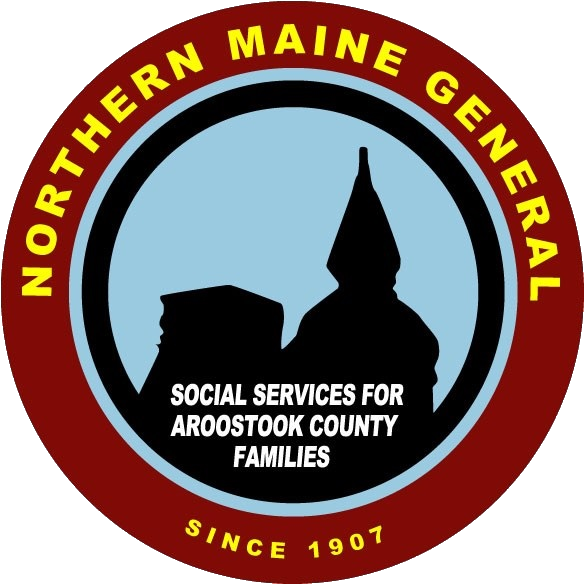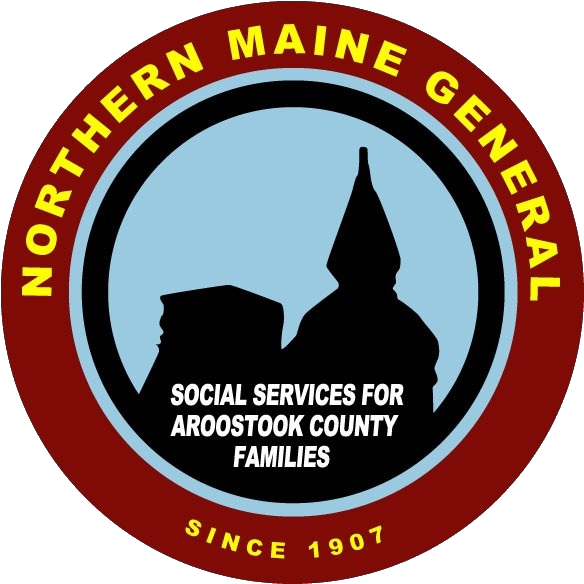Community Integration
Northern Maine General's Behavioral Health Home is a community-based mental health service that is licensed by the state of Maine. This service provides for adults and children who are determined eligible through regulation standards. Having Behavioral Health Home services gives you access to Health Home Coordinators, Psychiatrists, Clinicians, Nurse Care Manager, Peer Support Specialist/Youth Support Specialist, Medical Consultants, and a Home Health Practice or doctor's office. NMG also provides Section 17 Community Integration when applicable, which is an additional community-based mental health service.
Children's Home & Community Treatment Services (HCT)
Children's Home and Community Treatment Services (HCT) is provided to children ages 20 years and under who have a diagnosis of mental illness, intellectual disability, autism or a pervasive developmental disorder. The goal of this service is to increase a child's level of social, emotional, and family functioning by enhancing mental and physical skill development.
Daily Living Supports
NMG's Daily Living Support Services (DLS) program is a home-based service designed to assist adults with mental illness who live in Aroostook County to maintain the highest level of independence possible. This service is provided in an individual's home and assists them with learning to cook and clean, shopping, organizing tasks, taking medications regularly, and maintaining safety in their home environment.
Outpatient Mental Health
NMG's highly skilled and trusted Licensed Clinical Social Workers offer individual therapy, couples therapy, family therapy and related mental health care services to members of the greater community. Services are offered in our Central Office in Eagle Lake, in our Caribou office, and remotely via Telehealth.
Skills Development
NMG's Skills Development program is a teaching based service designed to assist adults with mental illness who live in Aroostook County to learn skills necessary to improve their level of independent functioning in their home and community. Individuals are taught how to access community resources; increase natural supports; participate in educational, vocational, and social activities; effectively manage stress; resolve conflicts; solve problems; increase self-advocacy; and, understand and self-administer medications.

